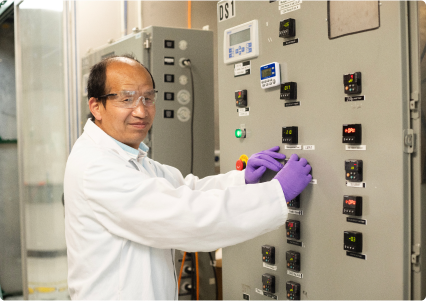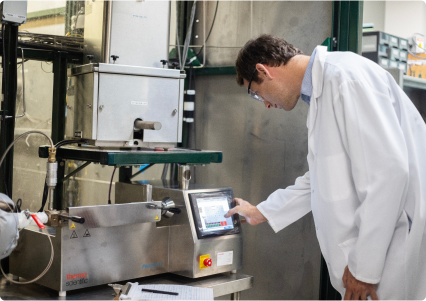Technologies
Our patented technologies help build the circular plastic economy by using thermo-catalytic pyrolysis, directly yielding BTX and distillates from biomass or BTX and light olefins from mixed plastics in single reactor processes

Our patented technologies help build the circular plastic economy by using thermo-catalytic pyrolysis, directly yielding BTX and distillates from biomass or BTX and light olefins from mixed plastics in single reactor processes

Our Processes
Our Plas-TCat thermo-catalytic process converts mixed waste plastics directly into aromatics and light olefins.
Our Bio-TCat process coverts wood and other biomass into high-value BTX and distilate.
The MinFree process reduces ash content of wood and agricultural residues for Bio-TCat.

1. Feed Preparation
Solids Pre-treatment: Ensuring smooth feed flow and removing contaminants to protect catalysts and equipment.
Key Technologies include Plas-TCat’s De-Hal® (dehalogenation) and Bio-TCat’s Min-Free® (demineralization).

2. Thermo-Catalytic Reactor
State of the art fluid bed reactor produces BTX, light olefins and distillates from biomass and waste plastics in one reactor. It’s energy-efficient, scalable, and reduces costs through continuous catalyst regeneration and economies of scale

3. Purification, Separation
Plas-TCat’s catalytic pyrolysis produces high yields of BTX, ethylene, propylene, and paraffins for virgin plastics.
Bio-TCat creates BTX, 2nd generation bio-gasoline, bio-diesel blendstock, and has potential for sustainable aviation fuel
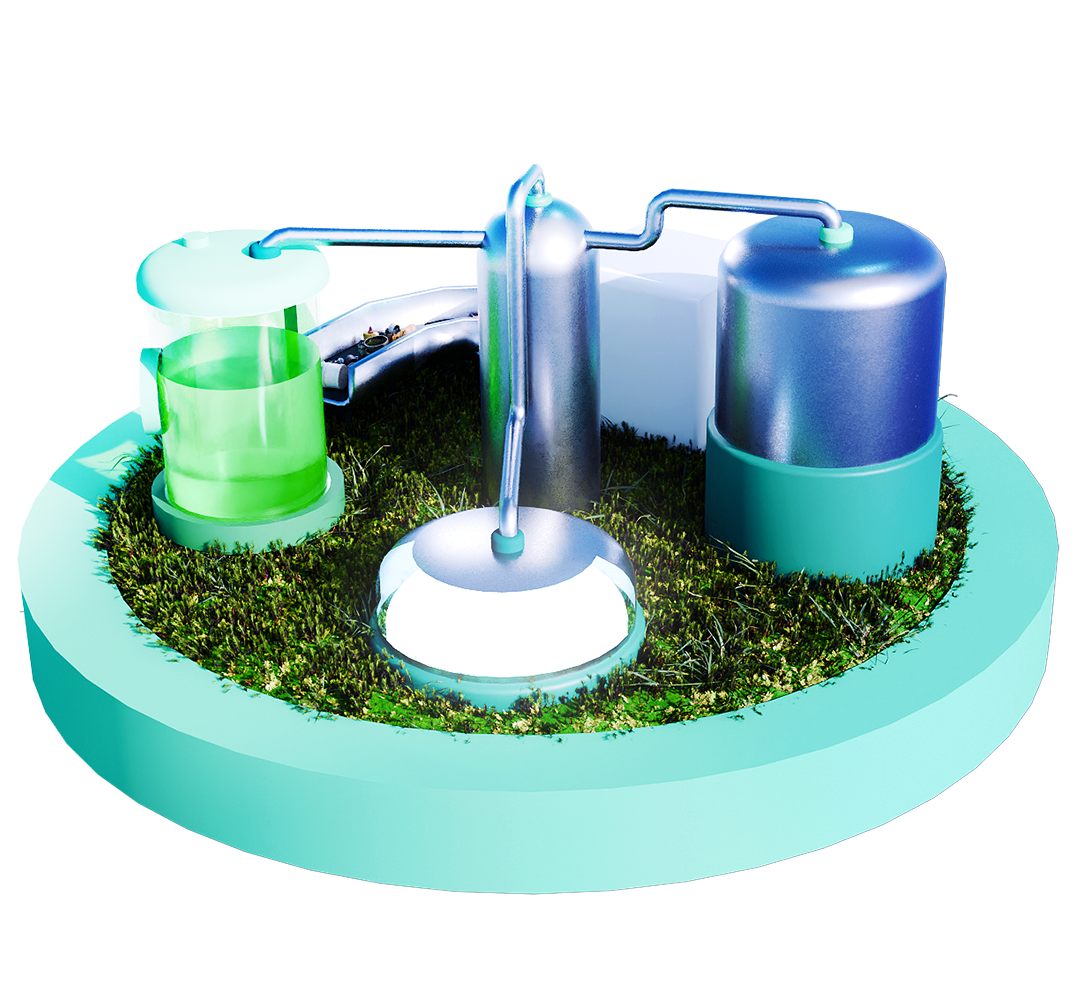
4. Aromatics, Light Olefins and Paraffins
Direct route to valuable light olefins and aromatics products with high yields and significantly lower carbon emissions compared to conventional methods


Most consumer and industrial plastic products are not recycled and are instead landfilled, incinerated, or littered, polluting our lands and oceans
Learn more

CO2 emissions from use of petroleum-derived chemicals and transportation fuels contribute to global warming and climate change.
Learn more

Tex-TCat™ aims to convert mixed textile waste into valuable commodity chemicals
Learn more
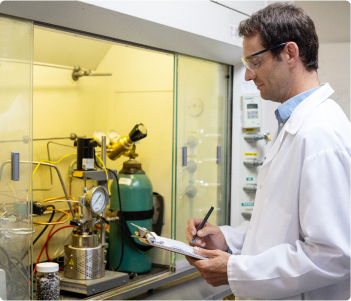
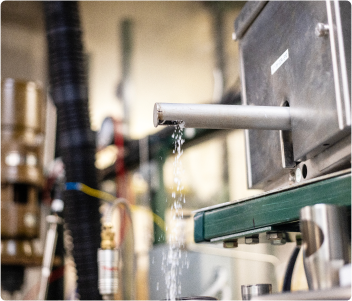

After several years of collaboration with UMass, Anellotech opened its R&D labs in 2012 at Pfizer's Pearl River campus in NY. These state-of-the-art labs feature semi-batch, bench-scale fluidized bed reactors, drop-tube (micro-catalytical fixed bed reactor for gas solid reactions, and cold-flow equipment for fluidization studies to develop and optimize thermo-catalytic process technologies for chemical recycling technology and enhance product quality
